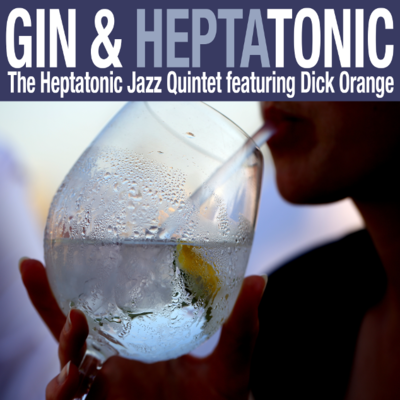Wikipedia describes the Billboard Hot 100 as “the music industry standard record chart in the United States for songs, published weekly by Billboard magazine. Chart rankings are based on sales (physical and digital), online streaming, and radio airplay in the U.S.” A song that ranks highly there is a hit song (in the U.S.) by definition. The data goes back to the beginning of the chart’s history in 1958, when Rick Nelson’s Poor Little Fool was the number one song.
During the first pandemic summer I asked my wife for a cheap tenor banjo for my birthday. These are tuned like a viola and smaller than the traditional five-string banjos used for bluegrass. Instead of fingerpicking patterns with the right hand like bluegrass banjos are famous for, tenor banjo players strum chords with a pick for volume as a rhythm instrument. When you hear a banjo in old-timey jazz, that’s a tenor. (Around the time the ground was being laid for bebop, Charlie Christian…
I enjoy writing short tutorials to get people started on something that may have seemed intimidating to them before, and I thought it might be fun to write up something that isn’t related to software but that I have thought a lot about in the last 15 years: jazz bass playing.
When I first heard about Albert Meroño-Peñuela and Rinke Hoekstra’s midi2rdf project, which converts back and forth between the venerable Musical Instrument Digital Interface binary format and RDF, at first I thought it seemed like an interesting academic exercise. Thinking about it more, I realized that it makes a great contribution to both the MIDI world and to musical RDF geeks.
(To listen to while you read this: The Blue Mask.) New York City helped to define who Lou Reed was, but since I first became aware of him in the mid-seventies, Lou Reed played a big part in defining what New York City was to me. It’s difficult for me to picture the city without him.
A few months ago I saw a call for contributions of recordings of original holiday songs for a CD to be called “A Charlottesville Songwriters Christmas” to benefit a local charity. Around here there seems to be a law that when you name a business you have to name it either Jefferson (whatever), Piedmont (whatever), or Blue Ridge (whatever), so I decided to write a song whose name is a variation on “Blue Christmas” called “Blue Ridge Christmas.” I thought about…



